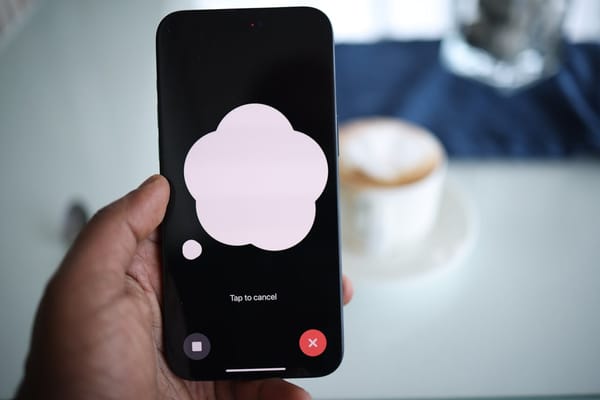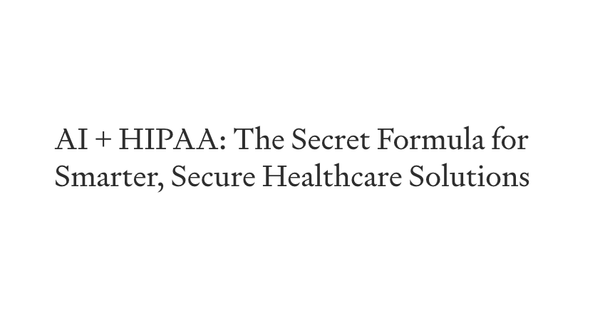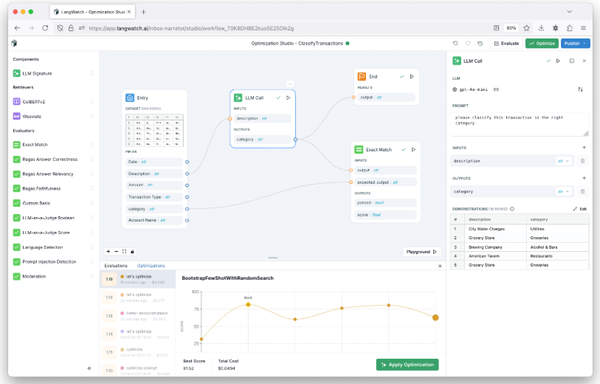The Future of Home Health Care: 5 Types of Services Patients Can Receive at Home
Table of Content
The healthcare sector is currently undergoing a notable shift towards delivering services directly within the comfort of patients' homes. This shift reflects a rising preference for care that is both personalized and convenient.
In 2023, the value of the global home healthcare market reached $390.24 billion, underscoring its expansive growth and vital contribution to the broader healthcare landscape. This upward trend is expected to continue as technological advancements and healthcare innovations align to further support at-home care models.
Looking ahead, this article will examine how home-based services are not only improving individual health outcomes but also redefining our perceptions of medical care.
Reviving Traditional Practices With Modern Twists
The revival of doctors making house calls might appear to be a nod to an earlier time, yet this practice is reemerging with contemporary enhancements. Modern house-call doctors come equipped with cutting-edge medical equipment, enabling them to administer a range of treatments directly in the patient's living space. Choosing a local medical provider can greatly improve the customization and swiftness of the care delivered.
For example, if you live in Santa Barbara, choosing the best house call doctor Santa Barbara has to offer ensures that the care you receive is tailored and swiftly accessible. Santa Barbara concierge doctors typically offer on-demand house calls, peptide therapy, and mobile medical services delivered to your home, office, and hotel. From routine check-ups to managing urgent care needs, these physicians provide comprehensive care that once required a visit to the doctor's office.
Such accessibility is reshaping patient expectations and enhancing satisfaction levels across varied demographics. It's important to select someone local who understands the specific healthcare landscape and resources of your community. This proximity allows for quicker responses in urgent situations and a deeper understanding of available local health resources, making each visit more efficient and effective.
Remote Monitoring Technology
Remote monitoring technology plays a key role in contemporary home health care, facilitating uninterrupted patient surveillance without the need for ongoing in-person oversight. Devices such as heart rate monitors, glucose monitors, and wearables that measure various health indicators allow individuals with chronic illnesses to benefit from instant feedback and prompt medical responses.
These devices often utilize artificial intelligence to analyze data and provide predictive insights. This can help in identifying health problems before they become severe, notifying patients and doctors alike. This technology not only bolsters patient results but also streamlines healthcare provision by curtailing the frequency of hospital visits. The incorporation of mobile applications and cloud-based systems grants both patients and healthcare practitioners easy access to health information, supporting swift modifications to care protocols when necessary.
Advanced Nursing Services at Home
In-home advanced nursing services are very important for people who are healing from surgery or dealing with complicated health problems. These advanced services consist of managing wounds, after-surgery care, infusion therapies and other similar treatments.
Home health aides play a crucial role in daily patient care by assisting with basic living tasks while ensuring compliance with doctor-approved treatment plans.
Moreover, coordinated efforts between these professionals and other healthcare providers often lead to an all-encompassing approach that considers every aspect of the patient's overall well-being.
Additionally, specialized nurses possess the skills necessary to identify critical changes related to the patient's condition, helping to prevent complications resulting in unnecessary readmission to hospitals.
Home-Based Rehabilitation Programs
Rehabilitation options such as occupational and physical therapy are now frequently administered in the comfort of the patient's home. Delivering these services domestically enables patients to recuperate more swiftly and with greater comfort, promoting recovery in their surroundings.
This customized approach not only fosters improved recovery results but also helps keep therapy sessions regular. Therapists can directly observe the patient's living environment and suggest adjustments to improve safety and accessibility, further enhancing the effectiveness of the rehabilitation process.
Home rehabilitation also permits therapists to tailor exercises and treatments to fit the specific living conditions of the patient, thus boosting the impact of the rehabilitation efforts.
Pharmacy Services and Medication Supervision
With developments in home health care, pharmacy offerings have evolved to include medication delivery directly to homes, along with remote medication management support. Pharmacists engage with patients through telehealth, assisting them in comprehending their medication schedules and ensuring compliance with their treatment plans.
This service often extends to regular follow-ups and medication adjustments based on the evolving needs of the patient, ensuring optimal therapeutic outcomes. This contributes to the overall success of therapeutic measures. Particularly for elderly individuals or those facing mobility challenges, this service ensures they receive their medications timely, eliminating the need for travel.











